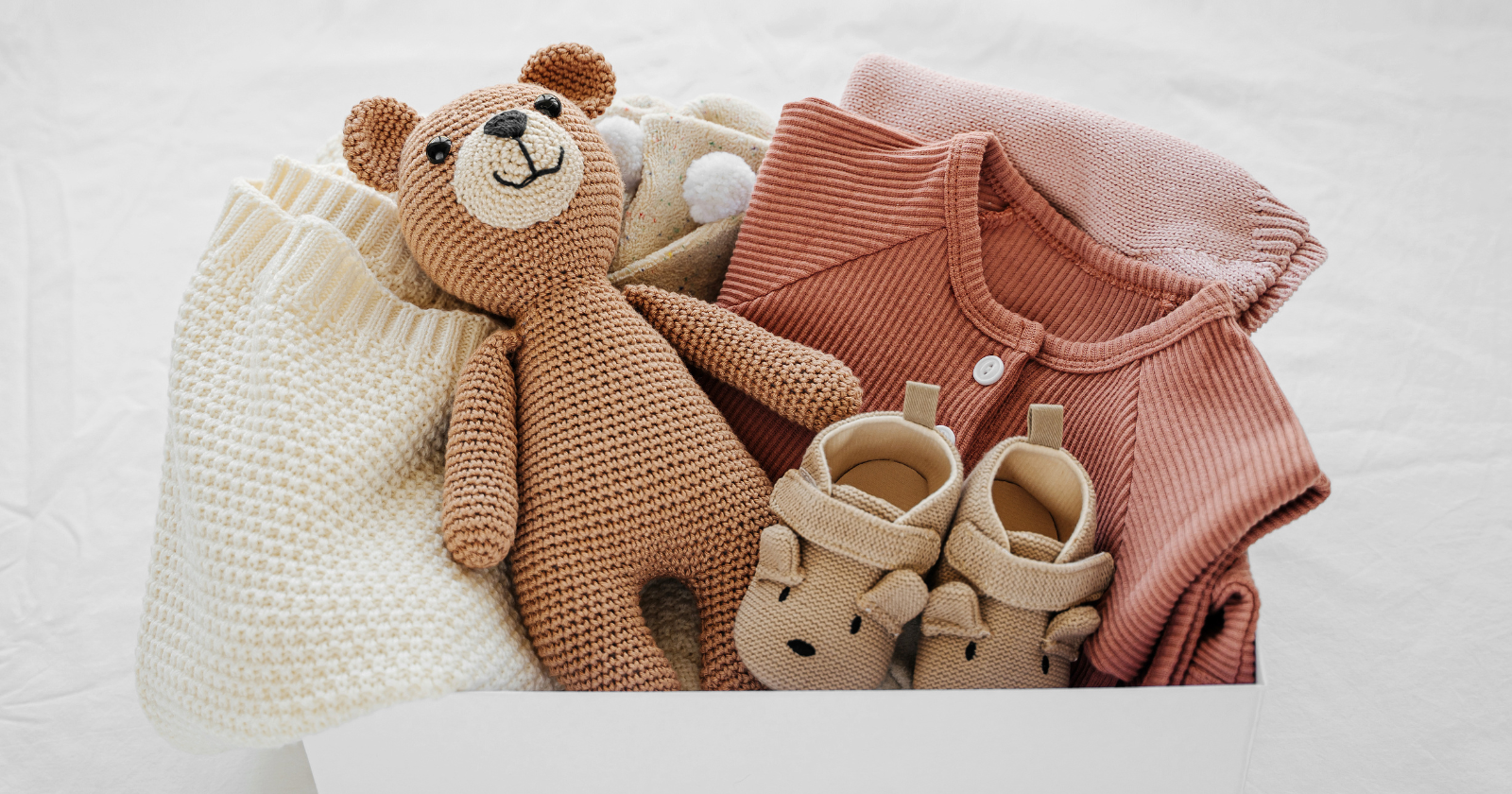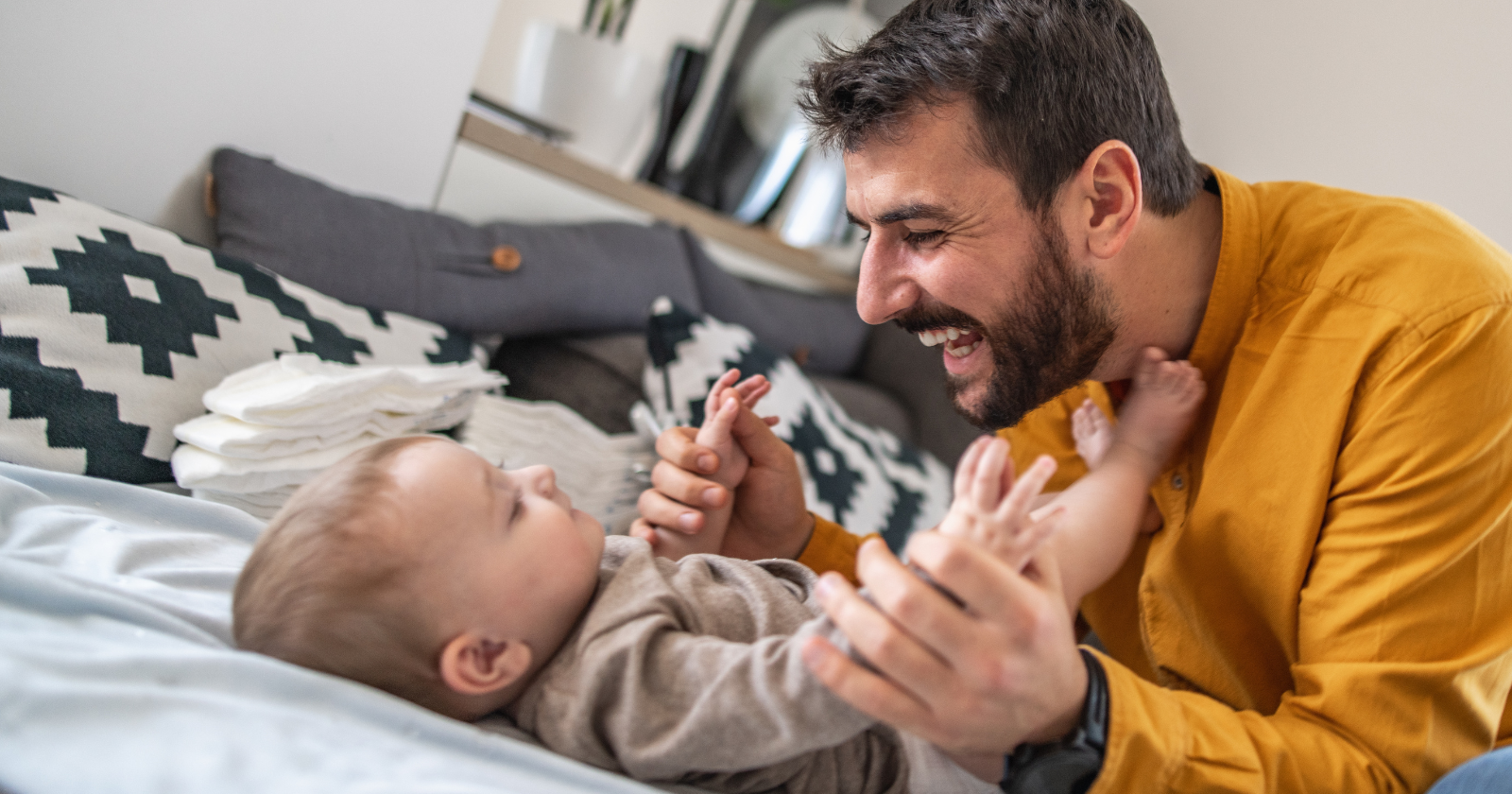No one tells you that becoming a father is a bit like being dropped into a new country where you don’t speak the language.
You learn as you go—by trial, error, and a lot of late-night improvising.
But what’s interesting is how fatherhood quietly rewires you.
The things you used to think were “odd” or “unnecessary” suddenly become second nature.
Over the years—both as a dad and now as a grandfather—I’ve noticed some unusual habits that men often develop after their first child arrives.
Some are funny.
Some are touching.
And a few might surprise you with how universal they are.
Let’s get into them.
1) Talking to yourself (and not even realizing it)
Before becoming a dad, most men would never dream of narrating their lives aloud.
But once that baby arrives, you start talking to yourself—or more accurately, to your child—nonstop.
Related Stories from The Artful Parent
- Your parents didn’t raise you the way they wanted to — they raised you the way they were capable of, and the distance between those two things is the exact shape of every wound you carry and every strength you developed because of it
- 7 things people discover about themselves after their children are grown and their career is over that they wish someone had warned them about at 40
- There comes a day when your child stops telling you things — not because something went wrong but because they found someone else to tell — and that’s the version of letting go that no one prepares a parent for
“Alright, buddy, let’s change that diaper,” you’ll mutter as if your infant has an opinion on the matter.
Or, “Let’s see where Daddy put the wipes this time.”
It starts out as a way to keep yourself sane during endless routines.
But soon, you’re doing it everywhere—grocery store, car, even work.
You catch yourself saying things like, “Let’s grab the milk first,” when you’re alone in the supermarket.
And you know what? It’s not weird anymore. It’s comforting.
- Psychology says people who spend years counting down to retirement are statistically among the most likely to feel blindsided by it — because what they were really counting down to was escape, and escape and fulfillment turn out to be two entirely different destinations - Global English Editing
- I’ve been a nurse for 44 years and I’ve held the hands of people in their final hours – the regrets they share are almost always the same - Global English Editing
- Psychology says the thoughts that come to you between 1am and 4am are not random — they follow these 6 emotional processing patterns that your brain suppresses during the day - Global English Editing
This habit actually helps fathers process the daily chaos of new parenthood.
Psychologists even say that self-talk can reduce stress and improve focus. So if you find yourself chatting away to no one in particular—don’t worry, you’re just leveling up in dad mode.
2) Becoming an amateur comedian (especially during diaper duty)
Every father I know develops a strangely specific sense of humor once their first child is born.
Suddenly, you’re a one-man entertainment act—complete with exaggerated sound effects, silly faces, and songs about mashed peas.
You may not think you’re funny, but your baby’s laughter says otherwise.
And that’s enough to keep you going.
There’s something magical about watching a tiny person giggle at your ridiculous antics.
You’ll do almost anything for that sound. I remember once performing a dramatic reading of the grocery list just to stop my grandson from crying.
Worked like a charm.
Humor becomes a survival tool. It lightens the load when you’re tired, frustrated, or unsure what to do next.
3) Measuring time in naps and feeding sessions
Before kids, time was measured in hours, appointments, and deadlines.
After your first child?
You measure life in naps, feeds, and how many cups of coffee you’ve managed to squeeze in between.
You’ll start saying things like, “We can leave after his next nap,” or “She just ate, so we’ve got about two hours of peace.”
Days blur together.
You might not know what day it is, but you’ll know exactly how long it’s been since the baby’s last nap.
It’s an odd recalibration, but it’s also strangely grounding.
You become more attuned to rhythms—your child’s, your partner’s, and even your own.
It’s one of those quiet transformations that doesn’t make the highlight reel but defines early fatherhood nonetheless.
4) Developing a sixth sense for danger (even imaginary ones)
Something flips in your brain after your first child arrives.
You become hyper-aware of every potential hazard—real or imagined.
You’ll spot danger in things that never registered before: sharp table corners, uncovered electrical outlets, and that one Lego piece lying in the carpet like a landmine.
You become a walking risk detector.
Once, I remember sitting on the couch and instinctively reaching out to stop my (then grown) son from falling off the edge—even though he was thirty and just tying his shoes.
Some instincts never fade.
This hyper-vigilance might seem funny, but it’s rooted in biology.
New fathers often experience hormonal changes that heighten protective instincts.
You’re hardwired to keep your little one safe, and that alertness becomes second nature.
5) Hoarding sentimental “junk”
 You know that box in the closet filled with old baby socks, hospital bracelets, and drawings that barely resemble people?
You know that box in the closet filled with old baby socks, hospital bracelets, and drawings that barely resemble people?
Yeah, that’s not just moms. Dads do it too—sometimes secretly.
After your first child is born, suddenly everything feels like a keepsake.
The first blanket, the first toy, even the first pacifier that fell behind the crib (and stayed there for months).
You start saving things you never thought you would, and years later, you’ll stumble upon them and feel an unexpected wave of nostalgia.
It’s not clutter—it’s a time capsule. A quiet reminder of a season that passed too quickly.
6) Becoming a master of multitasking (or at least pretending to be)
Before fatherhood, you might have prided yourself on being a single-task kind of guy.
But once that first child arrives, you’re suddenly juggling like a circus performer—feeding a baby with one hand, answering an email with the other, and using your foot to rock the stroller.
And somehow, it all works out.
Parenthood has a funny way of expanding your capacity.
You learn to do more with less time and less sleep.
Sure, you’ll still forget where you left your phone (spoiler: it’s in the fridge), but you adapt in ways you never imagined.
Multitasking becomes your new default, and though it’s chaotic, it’s also a testament to how adaptable fathers really are.
7) Overanalyzing every cry, coo, and cough
If you’ve ever hovered over a baby monitor trying to decide whether that noise was a cry or just a dream sigh, you know this one.
New fathers become expert overthinkers.
You analyze every sound, every facial expression, every tiny sneeze.
At 2 a.m., you’ll find yourself on your phone googling “why does my baby grunt while sleeping” or “is it normal for newborns to hiccup this much.”
It’s funny, but it’s also a sign of love.
You’re learning to interpret a completely new language—your baby’s.
Over time, you’ll relax a little (trust me), but those early weeks are filled with constant decoding.
And even when your kids are grown, that instinct to check in never really disappears.
8) Finding joy in the simplest moments
Here’s the most beautiful shift of all.
After your first child arrives, you start finding joy in the smallest, most ordinary moments—watching your baby sleep, feeling their tiny hand grip your finger, hearing that first laugh.
Things that once seemed mundane suddenly feel sacred.
You stop rushing as much.
You notice things.
The world slows down, and your priorities quietly rearrange themselves.
You realize that happiness isn’t about grand achievements—it’s about connection, love, and presence.
I remember once sitting on the living room floor surrounded by toys, sleep-deprived and still in my work clothes, when my daughter reached up and said, “Dada.”
I’ve had promotions, vacations, and milestones in my life—but nothing has ever topped that moment.
Closing thoughts
Becoming a father changes you in ways you can’t predict.
Some of the habits you pick up might seem odd to your pre-dad self, but they’re all part of the transformation.
You learn to laugh more, worry more, care more—and somehow, through the sleepless nights and sticky floors, you become someone softer, stronger, and more patient than you ever imagined.
So if you’re a new dad catching yourself talking to the baby like a co-worker or saving that first burp cloth “just because,” don’t sweat it.
You’re just becoming who you were meant to be.
And maybe, years from now, you’ll smile when you see another new father doing the same strange things—and you’ll remember the season when your own life changed forever.



